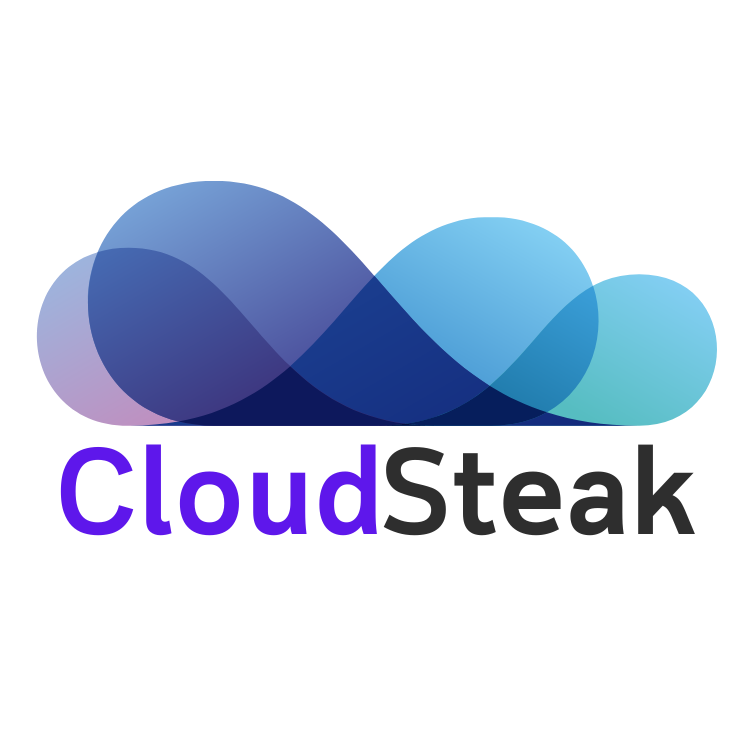Welcome to above the clouds

AWS – Amazon RDS for MariaDB adds new disaster recovery (DR) capabilities with Cross-Region Automated Backups
Starting today Amazon Relational Database Service (Amazon RDS) for MariaDB supports Cross-Region Automated Backups. This feature extends the existing Amazon RDS backup functionality, giving you the ability to setup automatic replication of system snapshots and transaction logs from a primary AWS Region to a secondary AWS Region. Read More for the details.

Azure – Generally Available: Larger SKUs for App Service Environment v3
Using the new larger Isolated v2 SKUs, you can now run larger and more complex workloads. Read More for the details.

Azure – Generally Available: Azure Red Hat OpenShift in Qatar Central
Azure Red Hat OpenShift is now available in Qatar Central region. Read More for the details.

Azure – Public preview: Incremental snapshots for Premium SSD v2 Disk Storage
To ensure business continuity, incremental snapshots for Premium SSD V2 Disk Storage are now available in public preview in the US East and West Europe Azure region Read More for the details.

Azure – Public Preview: Azure NetApp Files now support large volumes up to 500TiB in size
You can now create Azure NetApp Files large volumes between 100TiB to 500TiB in size. Read More for the details.

AWS – Amazon RDS for MySQL adds new disaster recovery (DR) capabilities with Cross-Region Automated Backups
Starting today Amazon Relational Database Service (Amazon RDS) for MySQL supports Cross-Region Automated Backups. This feature extends the existing Amazon RDS backup functionality, giving you the ability to setup automatic replication of system snapshots and transaction logs from a primary AWS Region to a secondary AWS Region. Read More for the details.

AWS – Amazon EC2 C6in, M6in, M6idn, R6in, and R6idn instances are now available in Asia Pacific (Tokyo, Singapore) and AWS GovCloud (US-West)
Starting today, Amazon Compute Cloud (Amazon EC2) C6in, M6in, M6idn, R6in, and R6idn instances are available in Asia Pacific (Singapore), Asia Pacific (Tokyo), and AWS GovCloud (US-West) regions. These instances are powered by 3rd Generation Intel Xeon Scalable processors with an all-core turbo frequency of up to 3.5 GHz. They are the first x86-based Amazon […]

AWS – Amazon CloudWatch RUM now supports customer defined metrics for troubleshooting and monitoring
Amazon CloudWatch Real User Monitoring (RUM) adds the ability for customers to define custom metrics that will be sent to CloudWatch Metrics. Customers can define metrics based on data in customer-defined events (Custom Events), pre-defined RUM events and customer- defined metadata attributes (Custom Attributes). The customer-defined metrics gives customers flexibility to monitor specific parts of […]

AWS – Amazon Forecast now supports built-in holiday data for 251 countries to improve your forecasting accuracy
Amazon Forecast now supports holidays from 251 countries as a built-in featurization, improving the accuracy of your Forecast. Amazon Forecast uses machine learning (ML) to generate more accurate demand forecasts with just a few clicks, without requiring any prior ML experience. Read More for the details.

AWS – AWS Resilience Hub adds application change capabilities and simplified APIs
AWS Resilience Hub has added application change capabilities and new APIs to streamline and simplify use of the service and improve the precision of its recommendations. Resilience Hub provides a single place to define, validate, and track the resilience of your applications so that you can avoid unnecessary downtime caused by software, infrastructure, or operational […]
